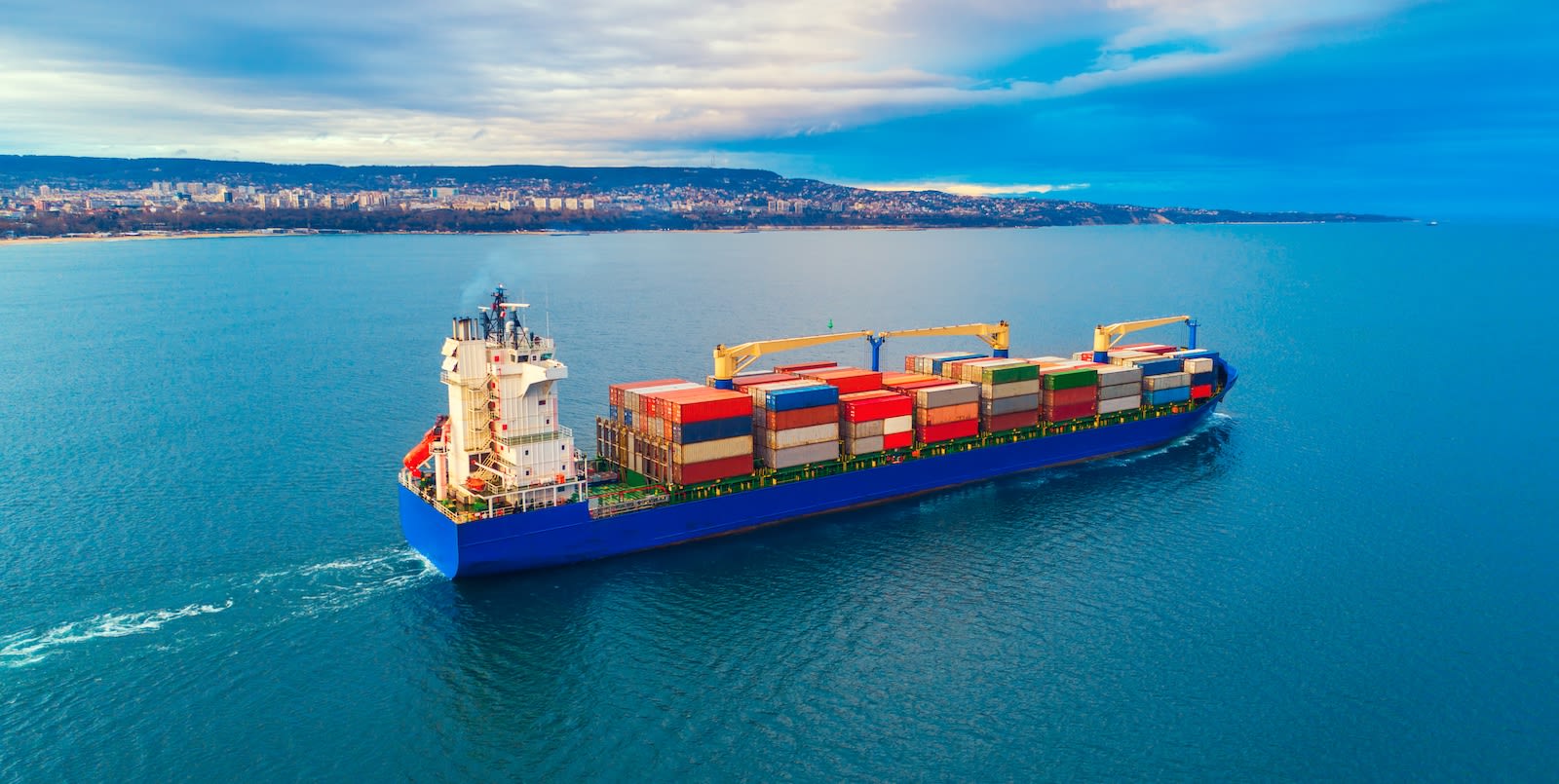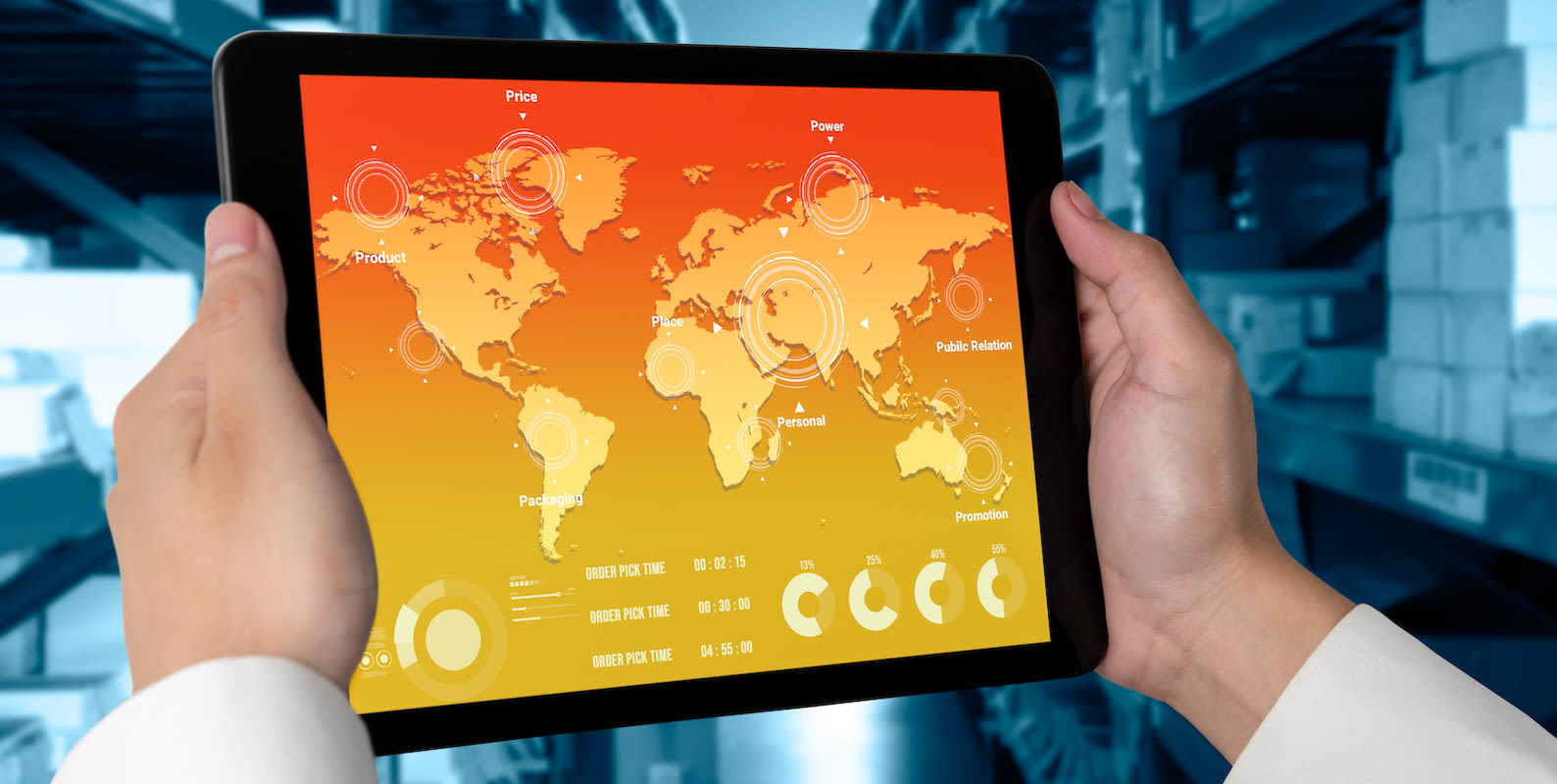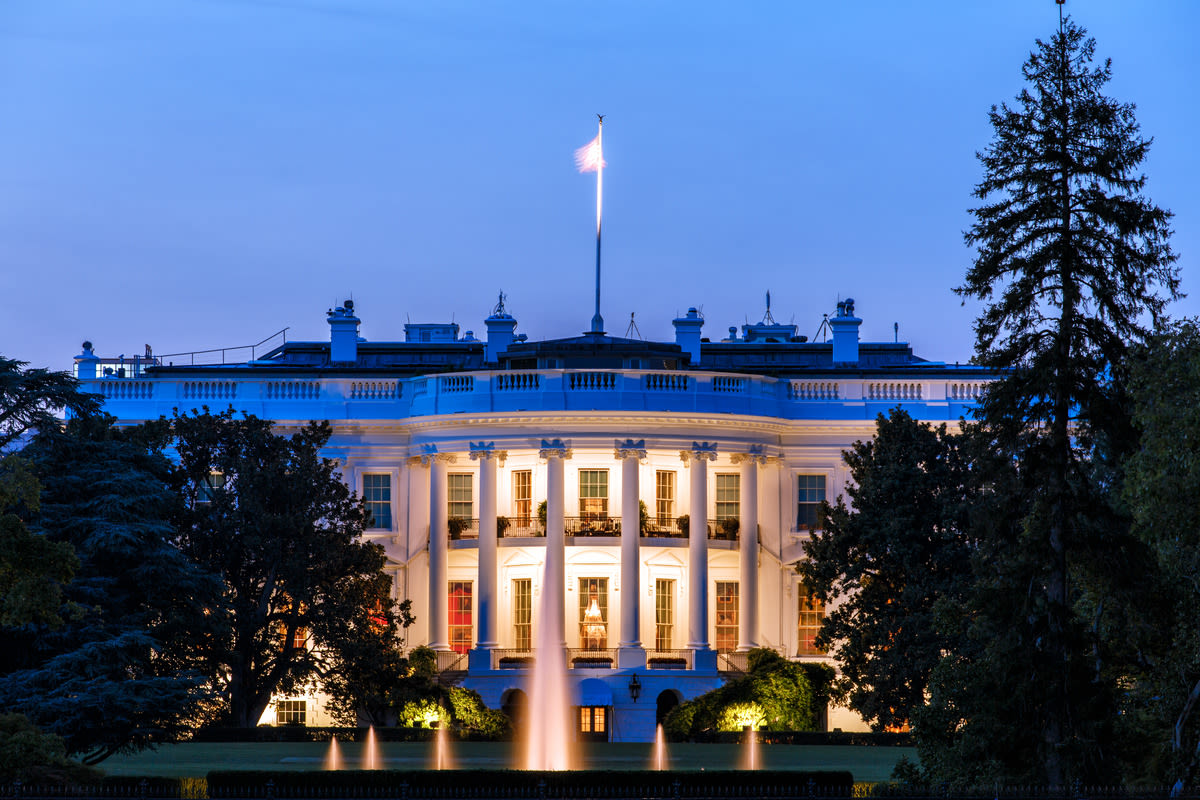
May 30, 2023
Ties Without Binds – Supply Chain Agreements
Last Saturday, the Biden administration announced ‘substantial conclusion of negotiations’ on a supply chain agreement within the broader Indo-Pacific Economic Framework (IPEF), a proposed trade agreement between fourteen countries. As with similar pacts completed recently, or expected to be completed soon, the initial IPEF supply chain agreement is long on promises and short on binding commitments.
“Resilience, efficiency, productivity, sustainability, transparency, diversification, security, fairness and inclusivity” are nine laudable objectives, if not a bit redundant. They are the guiding principles for the newly-released IPEF Supply Chain Agreement.
While there seems to be a broad consensus among countries that supply chains should operate better – according to the watchwords listed above – negotiators have been challenged to present any concrete means for achieving them. Instead, progress has mostly consisted of the establishment of councils, boards, networks, trainings, symposiums, exchanges and missions.
This process-based approach seems to be in keeping with other supply chain agreements, which are relatively new subjects of trade negotiation. The first one between major economies was the Japan, Australia and India Supply Chain Resilience Initiative (SCRI). Trade ministers from the three sides held their first meeting at the height of the pandemic in April 2021, issuing a joint statement that called for “sharing of best practices” on supply chain resilience and “holding investment promotion events” for the purpose of encouraging diversification. The statement from the second meeting in March of last year contained much the same language.
More recently, the U.S. and Japan concluded a critical minerals agreement, with a focus on supply chains for five minerals – cobalt, graphite, lithium, manganese and nickel – needed for the production of electric vehicle batteries. If nothing else, it at least has the virtue of being specific on the minerals. Otherwise, it too reads as very familiar. A skeptic might also point out that neither country is a net exporter of those minerals, that it only slightly formalizes aspects of the commercial relationship two close allies would have pursued anyways, and that what it really accomplishes is to grant Japanese carmakers access to electric vehicle subsidies contained in the Inflation Reduction Act.
A critical minerals agreement is currently under negotiation between the U.S. and EU. The EU has not yet completed or begun any other supply chain-specific negotiations at the bilateral or regional levels.
Returning to the IPEF Supply Chain Agreement, and viewing it through a rosier lens, the recognition that supply chains need monitoring – be it in the form of councils, networks, et al. – is undeniably a step in the right direction. The pandemic exposed the paucity of institutional understanding at the government level of how trade and supply chains function, leading to confused policy responses that exacerbated problems (and “transitory” is surely a word we’ll be seeing far less in policy documents from now on). More governments are now investing in improvements. Supply chain agreements may help in this regard.
At the same time, however, without concrete commitments from the parties involved, it’s difficult to see how these agreements will have an impact on shoring up supply chains, especially in times of crisis. Pledges to cooperate are nice, but guarantees they are not.
Disclaimer: The contents of this report are made available for informational purposes only and should not be relied upon for any legal, business, or financial decisions. Flexport does not guarantee, represent, or warrant any of the contents of this report because they are based on our current beliefs, expectations, and assumptions, about which there can be no assurance due to various anticipated and unanticipated events that may occur. This report has been prepared to the best of our knowledge and research; however, the information presented herein may not reflect the most current regulatory or industry developments. Neither Flexport nor its advisors or affiliates shall be liable for any losses that arise in any way due to the reliance on the contents contained in this report.





